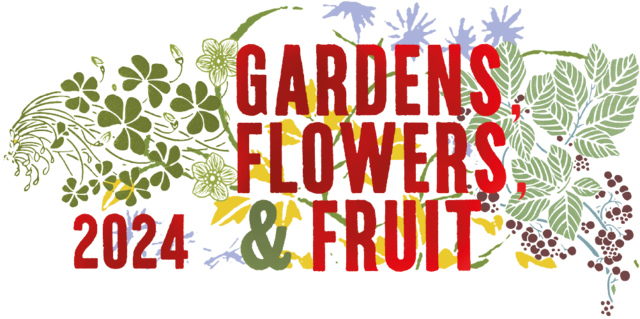The ‘Apple Isle’: Tasmanian Apples as a Weapon of Ecological Colonization and Icon of Botanic Imperialism

Full description
This paper focuses on Tasmanian apples from the nineteenth-century through to the start of the Second World War. After this period, changes to imperial sentiment and technological advancement modified perceptions of the Tasmanian apple even though it retained its iconic status. Analysing apples as a botanic imperialist icon opens a multi-faceted historical dialogue. Through textual sources, such as advertising, we can see the ways in which apples were used to construct knowledge about the relationship between food and place, food and identity, food and race and food and purity. This paper builds on the work by historians such as Anne McClintock, Antionette Burton and Catherine Hall and follows the concept that anthropologist Claude Lévi-Strauss famously introduced: food is ‘good to eat’ because it is ‘good to think’. Additionally, the seminal food studies text Sweetness and Power by Sidney W. Mintz provides the methodological scaffolding of using iconic comestibles as a lens refracting multiple cultural and historical influences. This paper also draws on the comprehensive report compiled by Anne McConnell and Nathalie Servant in 1999 on the history and heritage of the Tasmanian Apple Industry. By moving beyond an administrative narrative, this paper will highlight the historical importance of gastronomy to Tasmania’s trade, economic, and regional identity.
- typeImage
- created on
- file formatpng
- file size497 KB
- container titleGardens, Flowers, and Fruit: Proceedings of the Oxford Symposium on Food and Cookery 2024
- creatorCarla Baker
- publisherEquinox Publishing Ltd.
- publisher placeSheffield, United Kingdom
- series number2024
- series titleOxford Symposium on Food and Cookery
We use cookies to analyze our traffic. Please decide if you are willing to accept cookies from our website. You can change this setting anytime in Privacy Settings.
